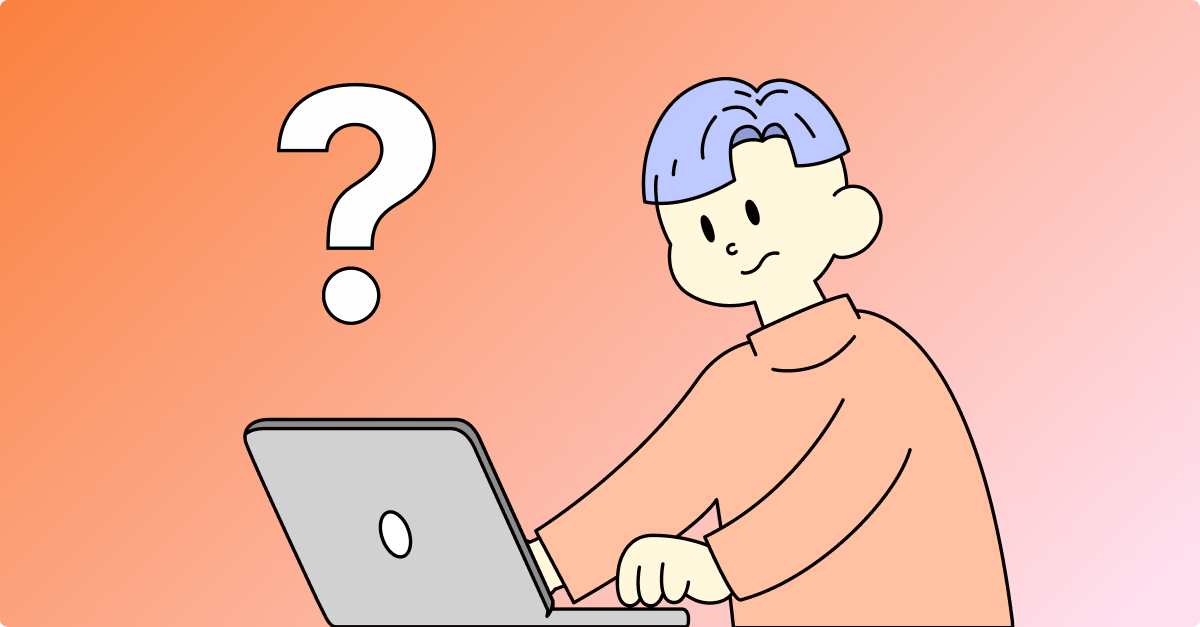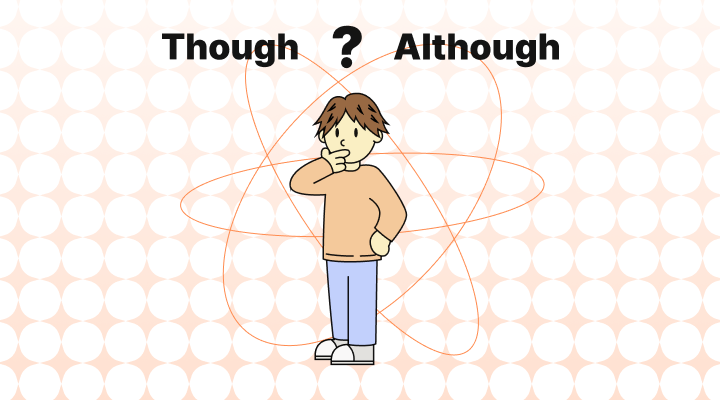Although was once two words: all though. So the root meaning of the though and although are the same, but although is a bit more formal than though. Generally native speakers of English would prefer to use although in writing and though when speaking casually.
In the past, in the phrase all though, all was added to emphasize though, but now although and though are interchangeable. All though is now seen as archaic, and people of this modern era do not use it and instead use although.
In a similar vein, even was also added to though to emphasize it. So though, although, and even though have similar meanings and can usually replace one another.
Let’s take the example above. You can replace although with either though or even though and the sentence would still hold the same meaning:
- Although there are dozens of welfare programs in place, the wealth gap is still prominent.
- Though there are dozens of welfare programs in place, the wealth gap is still prominent.
- Even though there are dozens of welfare programs in place, the wealth gap is still prominent.
The sentence using though feels a bit more casual, while the sentence with although feels a bit more formal. The last sentence with even though sounds like there’s a bit more emphasis on though because even stresses the word a bit more.
Now, here are some practice sentences in which you can try putting in either although, though, or even though:
- ________ these are famous fishing spots, you still have to wait hours before reeling anything in.
- ________ biking is faster, we decided to walk.
- Denis still bought the basketball tickets _______ they were overpriced.
- Jane and Janice went to see the performance ________ it was almost over.
- ________ Mom put out the dough for four hours already, the dough had not risen at all.
- ________ the company made millions in revenue this quarter, it did not make any profit.
- ________ Johnny’s interview went well, he didn’t get the job.
One notable difference between although and though is that you can use though at the end of a sentence as an adverb to qualify the sentence.
- I still had a good time, though.
- He had already seen the musical, though.
- She didn’t want a new phone, though.
Here are other conjunctions that are similar to though and although:
In spite of, despite, in spite of the fact that, despite the fact that, even if, albeit
Try Now

Reference:















